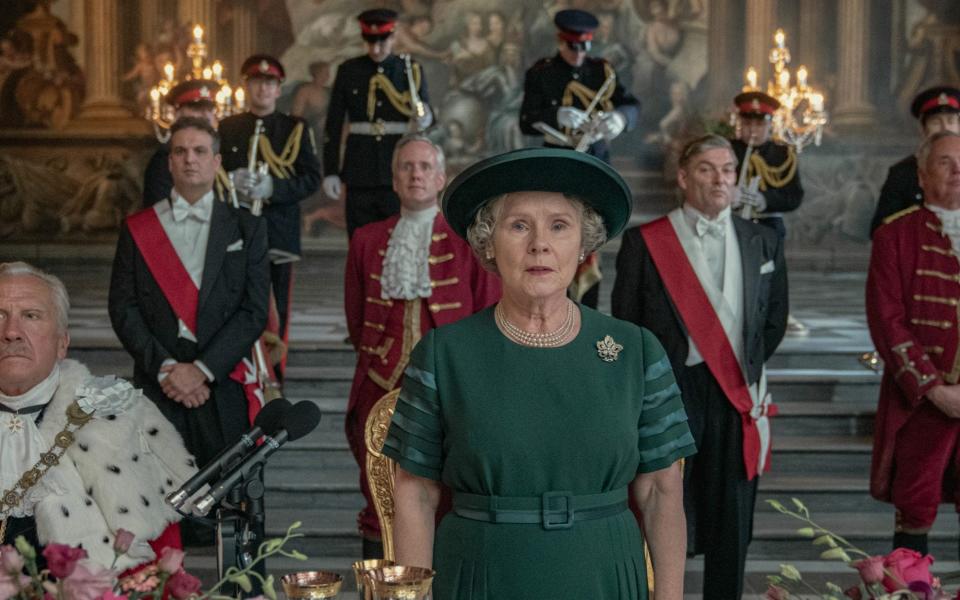Tax shake-up will make it harder for Britain to make hits like Happy Valley, warns TV industry

Britain’s TV industry will make fewer hits like Happy Valley under planned changes to the tax system, Jeremy Hunt has been warned.
Proposed changes to tax breaks for high-end TV (HETV) would give production companies less reason to film in the UK and drive productions abroad, the BBC, Sky, ITV, Channel 4, Channel 5 and Netflix have all warned in a joint letter to the Chancellor.
Broadcasters are raising the alarm after the Government outlined plans to increase the threshold at which productions qualify for tax breaks.
Currently, productions must spend £1m to qualify for tax relief but the Government wants to raise that level to ensure that only high-end programmes qualify for support. It says the changes are necessary because of recent inflation.
In a letter to the Treasury, seen by the Telegraph, the industry warned that many shows “have budgets which are just above the current threshold and any increase would reduce the incentive to produce the programme in the UK, or make it at all”.
One industry source warned of a “global arms race” for content and said the sector was “inherently mobile”, meaning that productions could quickly be moved to more attractive destinations.
A higher threshold would “go against the original intention behind introducing the HETV tax relief and be self-defeating on a variety of fronts”, the letter to the Treasury claimed.

The tax relief scheme for high-end TV production was introduced in 2013 by then-Chancellor George Osborne amid concerns that many British TV shows were being made abroad.
£397m of tax relief was awarded to 355 programmes in the year to March 2022. Series that have qualified for the support in recent years include The Crown, Ghosts, A Very British Scandal, Bridgerton and Friday Night Dinner.
The Producers Alliance for Cinema and Television (Pact) and Coba, which represents the commercial broadcasters and streamers, signed the letter to the Treasury alongside the individual companies.
John McVay, chief executive of Pact, warned that the proposed changes would hit domestic productions hardest as many shows that take advantage of the tax credit are “uniquely British” – in particular comedy.
Many foreign countries offer substantial incentives for the film and TV industry. Ireland offers tax credits of up to 34pc, while Spain recently invested €1.6bn to attract foreign productions.
Broadcasters called for the Government to instead differentiate high-end TV shows through clearer legal definitions – in particular for documentaries - rather than adjusting thresholds.
A Treasury spokesman said: “Our world class creative industry is a key growth sector in the UK’s economy, which is why last year we invested £397m in high-end TV tax relief alone, supporting 355 programmes.”

 Yahoo Finance
Yahoo Finance 